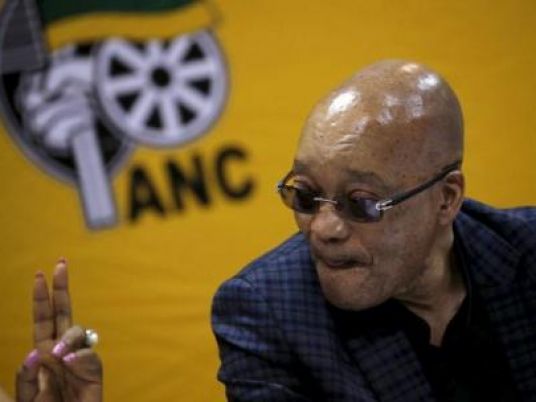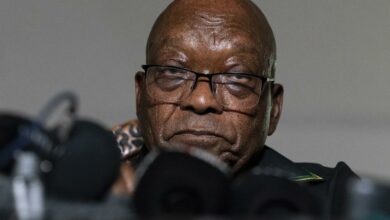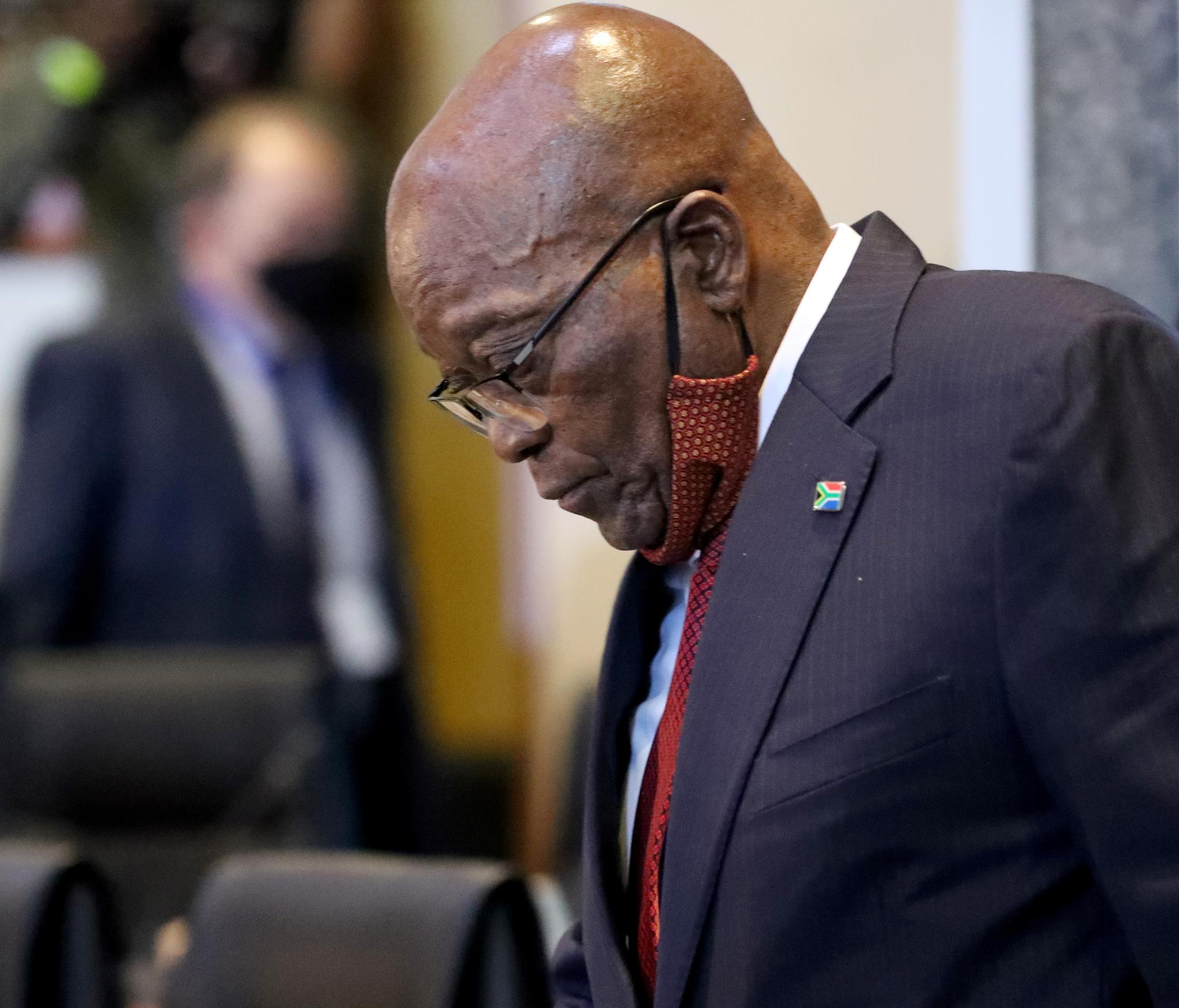
South Africa's ruling African National Congress (ANC) looks likely to lose major urban areas it has held since coming to power in 1994 at the end of apartheid, opinion polls ahead of next week's local elections showed.
The economic hub of Johannesburg, the capital Pretoria and Nelson Mandela Bay on the east coast, could all fall to the main opposition party, Democratic Alliance, on Aug. 3, according to polls published last week by Ipsos.
The ANC's support looked set to slip to 31 percent in Johannesburg from 59 percent in the 2011 local elections, and in Tshwane municipality, which includes the capital Pretoria, to 23 percent from 55 percent. In Nelson Mandela Bay, support was just 28 percent, from 52 percent last time, the Ipsos polls said.
With its reputation bruised by accusations of corruption against President Jacob Zuma, and high unemployment as Africa's most industrialised country teeters on the edge of a recession, voters are disenchanted, Ipsos and other polls showed.
"I voted for the ANC last time but now I'm not sure," said Brian Malope, 38, who works in a supermarket kitchen, in Soweto, one of Johannesburg's largest townships.
"Look around, nothing has changed," he said pointing at a disused bus terminal where homeless people were sheltering and street vendors sold fruit and grilled sheep heads.
The ANC, which can point to a number of successes, including more housing and increased basic sanitation countrywide, has said its own opinion polls show it would prevail at the vote.
Some analysts said a flare-up of violent anti-government riots would not necessarily lead to ballot box losses.
"People come out in protests. But still, as they protest against the ANC they're hoping it's the ANC that will solve the country's problems," political analyst Aubrey Matshiqi said.
Some said Zuma had cast a cloud over the ANC.
"No doubt that the current president has become a liability to the ANC due to a litany of unethical behaviour," Institute for Security Studies (ISS) researchers Jakkie Cilliers and Ciara Aucoin said in a June paper on election violence.
Aucion said the ISS's projections, based on extensive research, interviews and data from previous elections found that the ANC risked important losses in a number of metro areas, a trend that could gain momentum in subsequent years.
In April, Zuma survived an impeachment vote and in December he was widely criticised for changing his finance minister twice in a week, sending the rand currency plummeting and triggering calls to quit from the opposition.
Zuma is appealing a June ruling by the High Court that he face corruption charges related to a major government arms deal in the late 1990s.
The ANC has stood by Zuma, saying that the accusations against him would not damage the party's chances at the polls.
Pan-African research body Afrobarometer said last month that Zuma's approval rating of 34 percent was the lowest score since the poll started in 2000.
Its June poll of 2,400 people found that six out of 10 South Africans disapproved of the way their local councillors had done their jobs over the previous 12 months.




